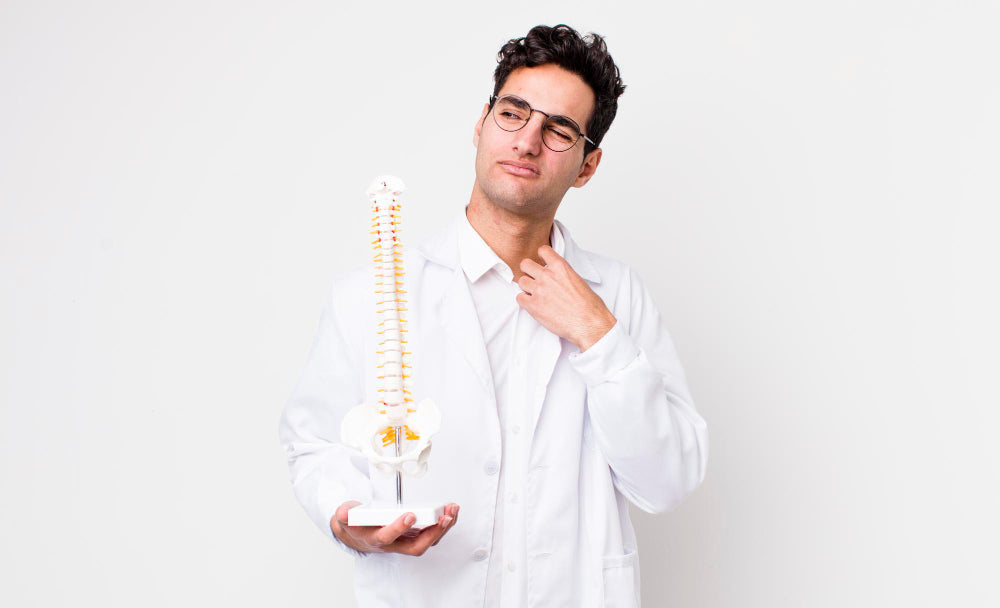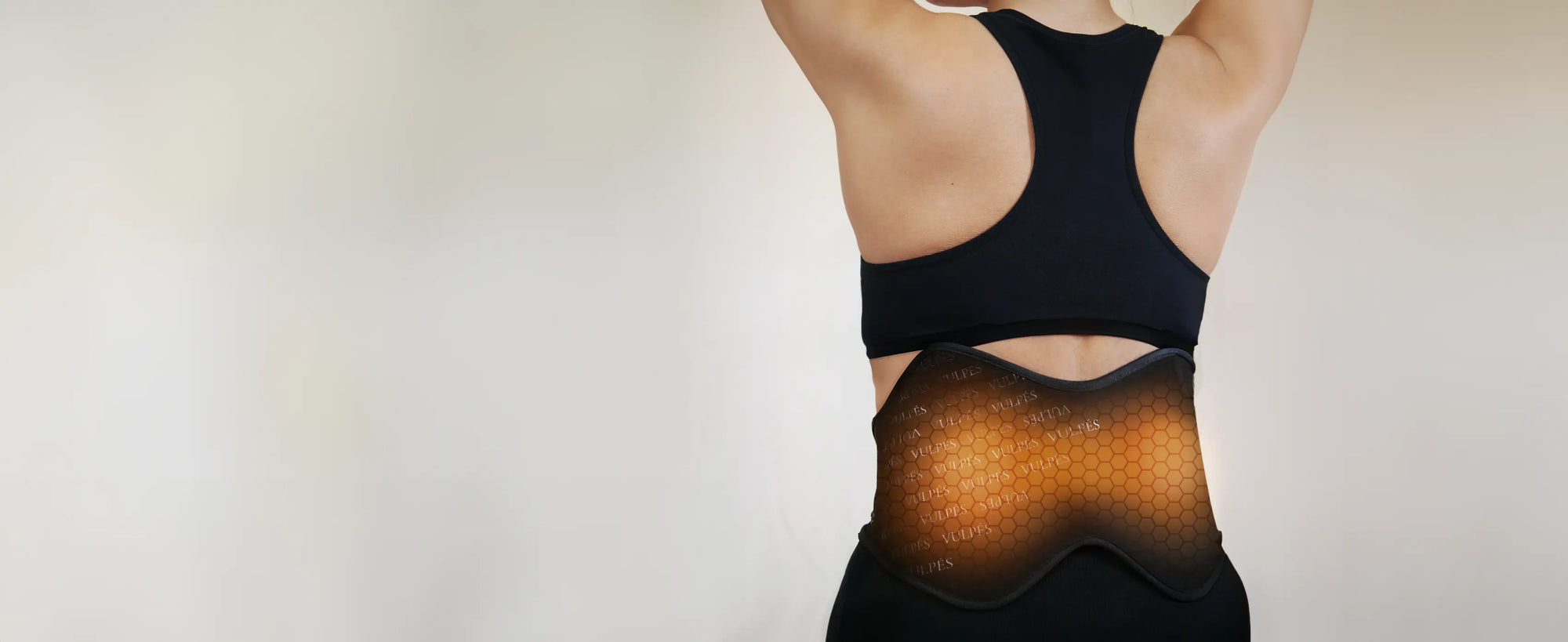Kidney health is essential for overall wellbeing, as these organs are responsible for filtering waste, balancing fluids, regulating blood pressure, and producing vital hormones. While much attention is given to dietary choices, hydration, and medical treatment in supporting renal function, one often-overlooked method is heat therapy. This gentle, natural approach may offer surprising benefits for kidney wellness, particularly in enhancing circulation and relieving discomfort.
What Do the Kidneys Do?
The kidneys play several vital roles:
-
Filter around 50 gallons of blood daily
-
Remove toxins and excess fluids through urine
-
Regulate blood pressure via the renin-angiotensin system
-
Control red blood cell production
-
Maintain electrolyte balance and bone health
Any impairment in kidney function can lead to fatigue, swelling, high blood pressure, or more serious complications like chronic kidney disease (CKD).
The Rising Importance of Preventative Kidney Care
According to the UK National Kidney Federation, around 3 million people in the UK have chronic kidney disease, many without knowing it. Early intervention and lifestyle modifications can delay or prevent progression.
Heat therapy, in combination with traditional measures, can be a supportive tool for preventative care and overall kidney comfort, particularly for people experiencing chronic pain or poor circulation.
Understanding Heat Therapy
Heat therapy (thermotherapy) involves the application of warmth to specific areas of the body. It’s commonly used for muscle relaxation, joint stiffness, and general wellness, but recent attention has turned to its potential benefits in supporting kidney and abdominal organ health.
Methods of heat therapy include:
-
Infrared heat devices
-
Warm baths
-
Steam therapy and saunas
These approaches help improve blood flow, relax muscles, reduce tension, and can ease discomfort in the lower back region where the kidneys are located.
Benefits of Heat Therapy for Kidney Health
1. Improved Circulation: Thermal application enhances blood flow to the lower back and abdominal area. Better circulation supports optimal kidney perfusion, especially in cases where stress or tension might restrict blood supply.
2. Pain Relief: People with kidney issues or related musculoskeletal discomfort often report lower back pain. Localised heat application helps relax muscles and reduce stiffness, which may alleviate such discomfort.
3. Detoxification Support: While kidneys handle the primary detoxification role, sweating through saunas or heat exposure complements their function by encouraging the elimination of toxins through the skin.
4. Stress Reduction: Chronic stress negatively affects kidney function through hormonal and inflammatory pathways. Heat therapy promotes relaxation and may help reduce cortisol levels, indirectly benefitting kidney health.
Integrating Heat Therapy into a Kidney-Friendly Lifestyle
To support kidney health holistically, heat therapy should be combined with other evidence-based practices:
-
Stay Hydrated: Adequate water intake helps kidneys flush out waste.
-
Balanced Diet: Low-sodium, potassium-aware diets reduce strain on kidneys.
-
Regular Exercise: Promotes circulation and cardiovascular health.
-
Avoid NSAIDs: Overuse of painkillers like ibuprofen can harm kidneys.
-
Monitor Blood Pressure and Blood Sugar: Key risk factors for kidney disease.
When using heat therapy:
-
Do not apply excessive heat to the skin directly.
-
Limit session time to 15–30 minutes.
-
Stay hydrated, especially during sauna use.
Always consult a healthcare professional if you have pre-existing kidney conditions.
What the Research Says
-
A study in the Clinical Journal of the American Society of Nephrology (CJASN) highlights the impact of stress on kidney decline, underlining the benefit of stress-relieving interventions like thermotherapy.
-
Research published in Evidence-Based Complementary and Alternative Medicine indicates that far-infrared therapy may improve blood flow and reduce inflammation markers.
-
The National Kidney Foundation and Kidney Research UK both advocate for integrated approaches to kidney wellness, including lifestyle support.
Heat therapy offers a simple, low-risk and effective way to support kidney health naturally. By enhancing circulation, reducing stress and easing discomfort, it serves as a valuable complement to a kidney-friendly lifestyle. While it’s not a cure or standalone treatment, its inclusion in a holistic care plan can help people feel more comfortable and potentially support overall renal function.
As with all complementary methods, consultation with a healthcare provider is advised—especially for individuals with existing kidney conditions or cardiovascular risks.
Sources:
-
National Kidney Federation UK: https://www.kidney.org.uk
-
Kidney Research UK: https://www.kidneyresearchuk.org
-
Clinical Journal of the American Society of Nephrology: https://cjasn.asnjournals.org
-
Evidence-Based Complementary and Alternative Medicine: https://www.hindawi.com/journals/ecam



